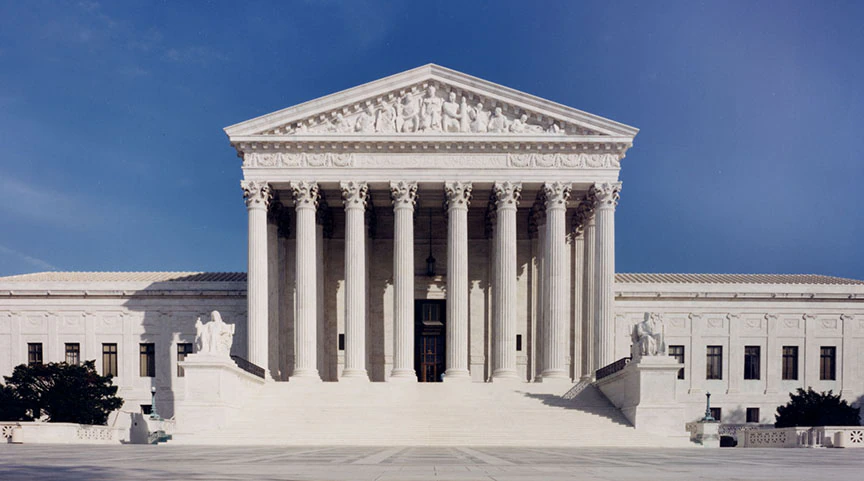On April 18, the Supreme Court heard the case of Groff v. Dejoy, a landmark religious liberty case between an Evangelical postal worker and the federal government. The United States Postal Service (USPS) fired Gerald Groff after he refused to work on Sunday, his Sabbath. As a firm believer in religious liberty, I hope the Supreme Court rules in favor of Groff and Sabbath observance.
Groff seeks to overturn a precedent set by the Supreme Court in 1977 where they ruled that an employer does not have to give a religious accommodation if it incurs “more than a de minimis cost.” “De minimis” is a Latin legal term meaning minimal or trivial, and so the ruling requires religious accommodations as long as the employee’s absence causes minimal expense for the company. This ruling results from the court’s interpretation of the wording “undue hardship” in an amendment to the Civil Rights Act in 1972.
My grandfather, Nathan Lewin, drafted that amendment. Despite graduating at the top of his Harvard Law School class, he struggled to find a job because of his Sabbath observance. Whenever an employer discovered he couldn’t work Saturdays, the job offer was rescinded. My grandfather wrote that amendment so that others wouldn’t have to suffer through the same discrimination.
The “de minimis” interpretation is therefore insulting to me. If Sabbath observance isn’t protected under the Civil Rights Act, then much of my grandfather’s work was for naught. I would never wish for someone to go through the same struggle as my grandfather, having to choose between religion and livelihood.
My opposition to the “de minimis” interpretation is not just moral. It’s legal as well. The wording of “undue hardship,” which is used in the Civil Rights Act amendment relating to an employer’s required religious accommodations, is also used in the Americans With Disabilities Act (ADA). However, in the ADA, “undue hardship” is defined as “an action requiring significant difficulty or expense.”
The ADA standard is far stronger than the “de minimis” one. This means that a company can fire a worker for observing Sabbath, but has to spend thousands of dollars ensuring their offices contain ramps and elevators in compliance with the ADA, despite both examples of accommodations requiring “undue hardship.”
As a Sabbath-observant Jew, who will be entering the workforce within the next decade, I hope that the Supreme Court overrules the “de minimis” standard. As a country that prides itself on its freedom of religion, it is unacceptable that people can still be fired for observing an explicit religious practice.
This story was originally published on The Lion’s Tale on May 1, 2023.



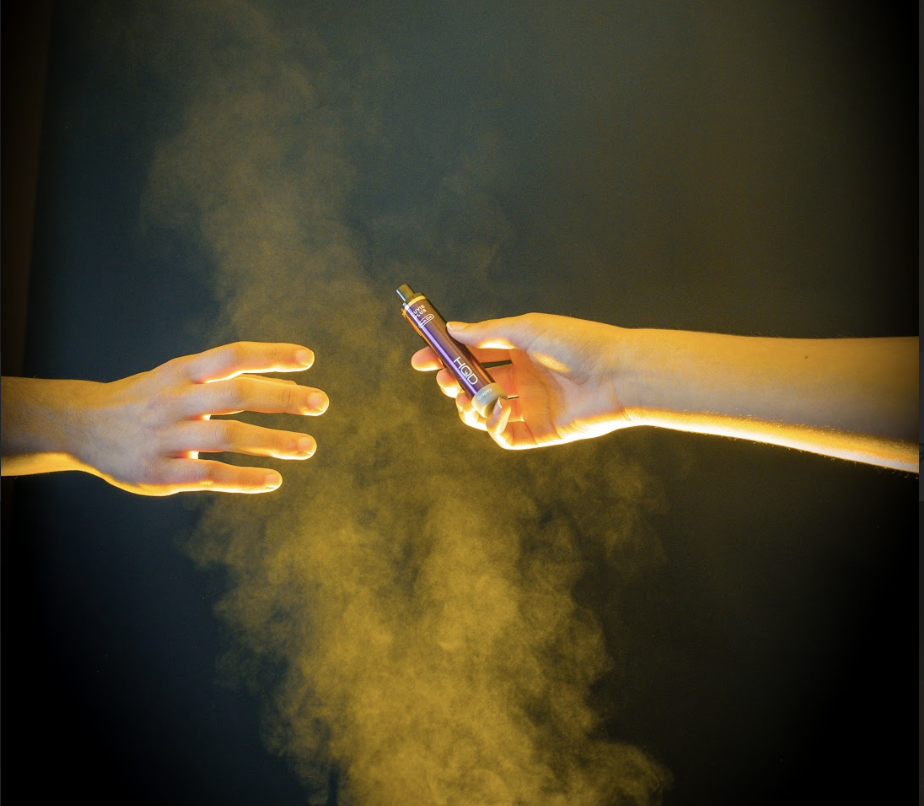
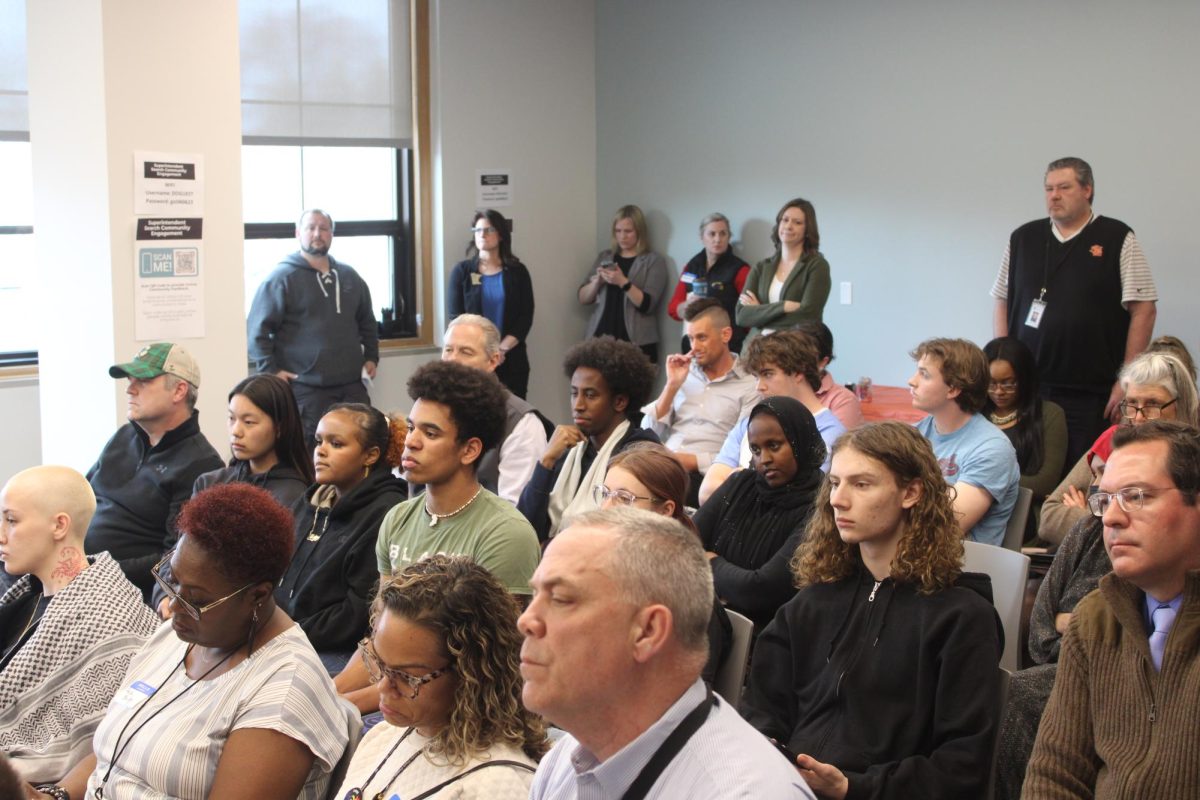
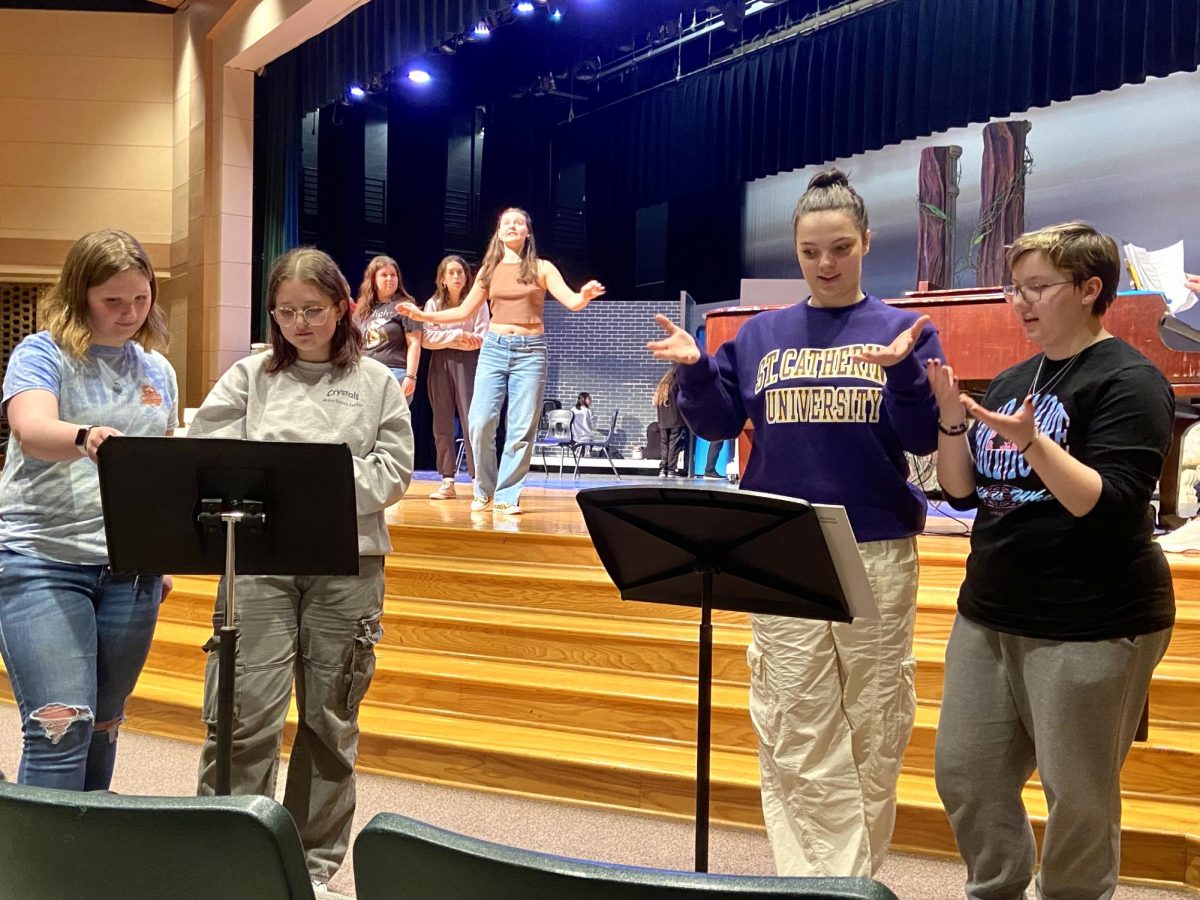
![It was definitely out of my comfort zone to get [the dress] and decide I loved it enough not to wait and risk not having something that memorable.](https://bestofsno.com/wp-content/uploads/2024/04/Precious_20180902_JRS_00008_ed1.jpg)
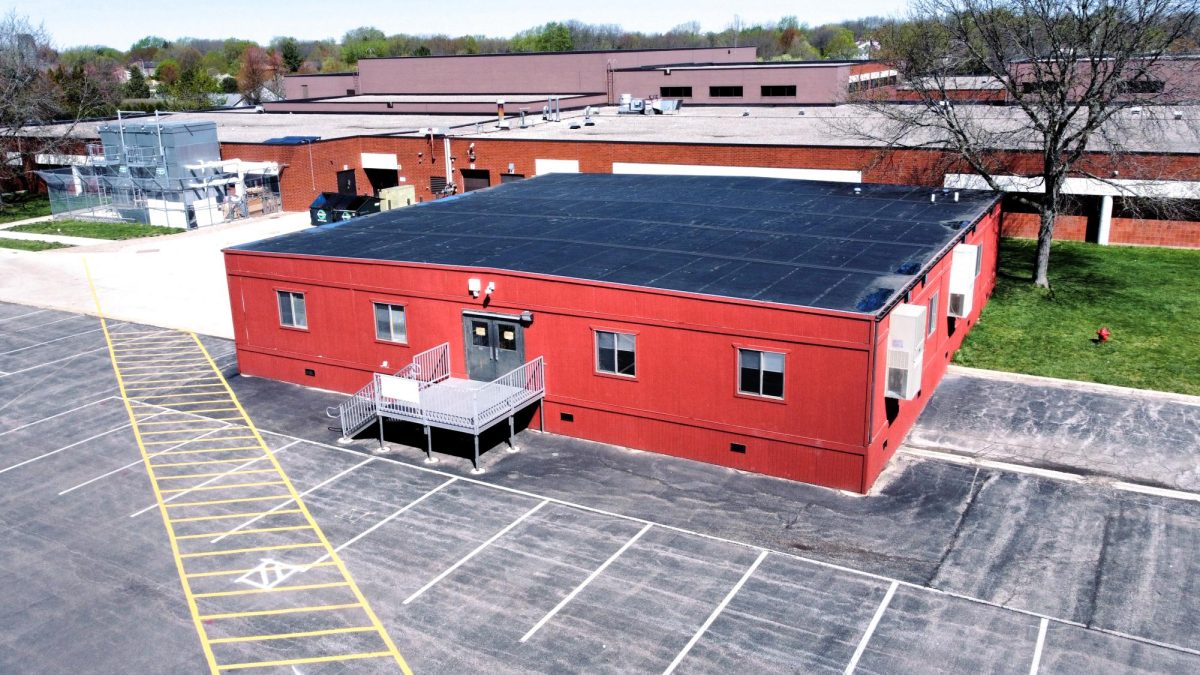



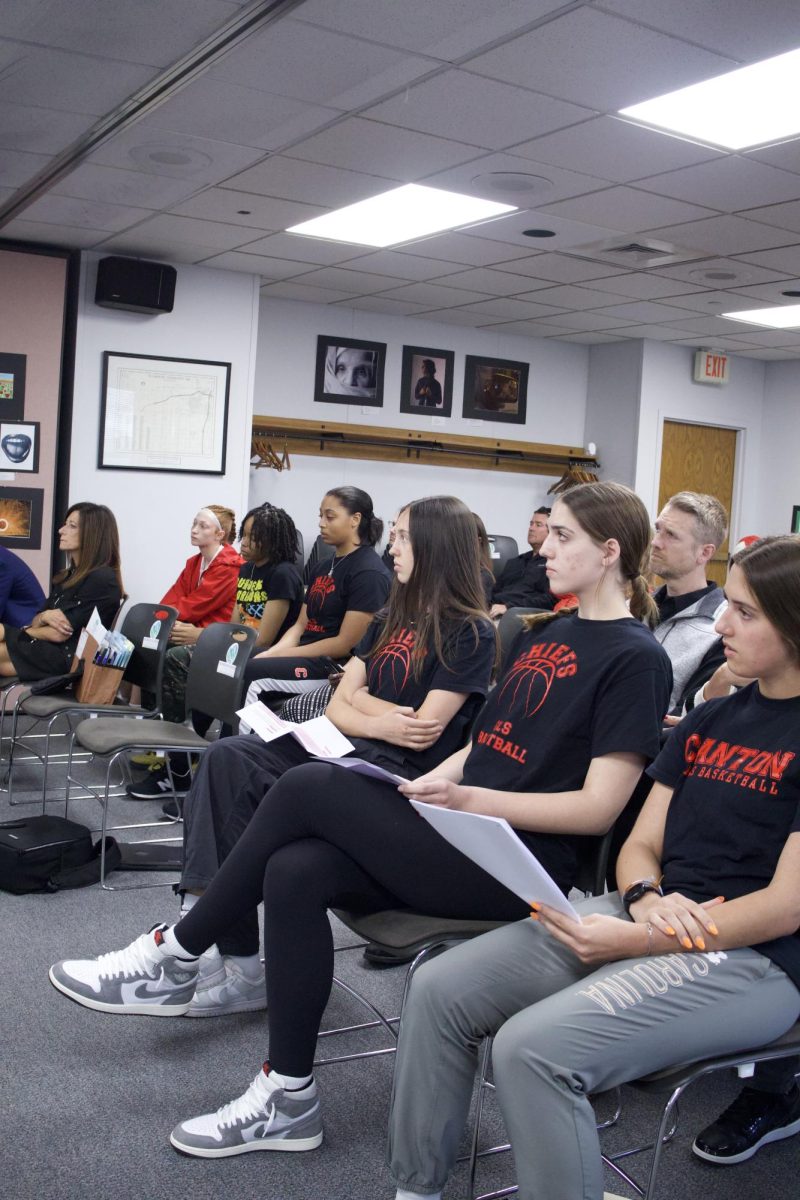

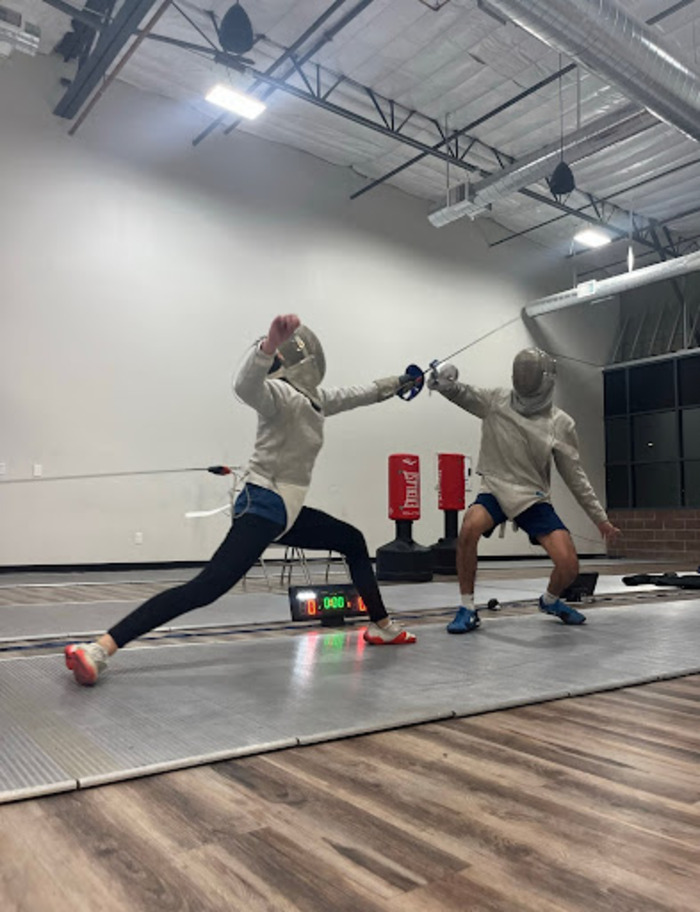
![In their full runway outfits, (from left) Audrey Lee 25, Olivia Lucy Teets, 25, Fashion Design teacher Ms. Judy Chance, and Xueying Lili Yang pose for a photo. All three girls made it to Austin Fashion Week by getting in the top 10 in a previous runway show held by Shop LC.
[I like my students] creativity and how they can look at a fabric and make it their own, Ms. Chance said.](https://bestofsno.com/wp-content/uploads/2024/04/IMG_9686-e1714088765730-1129x1200.jpeg)
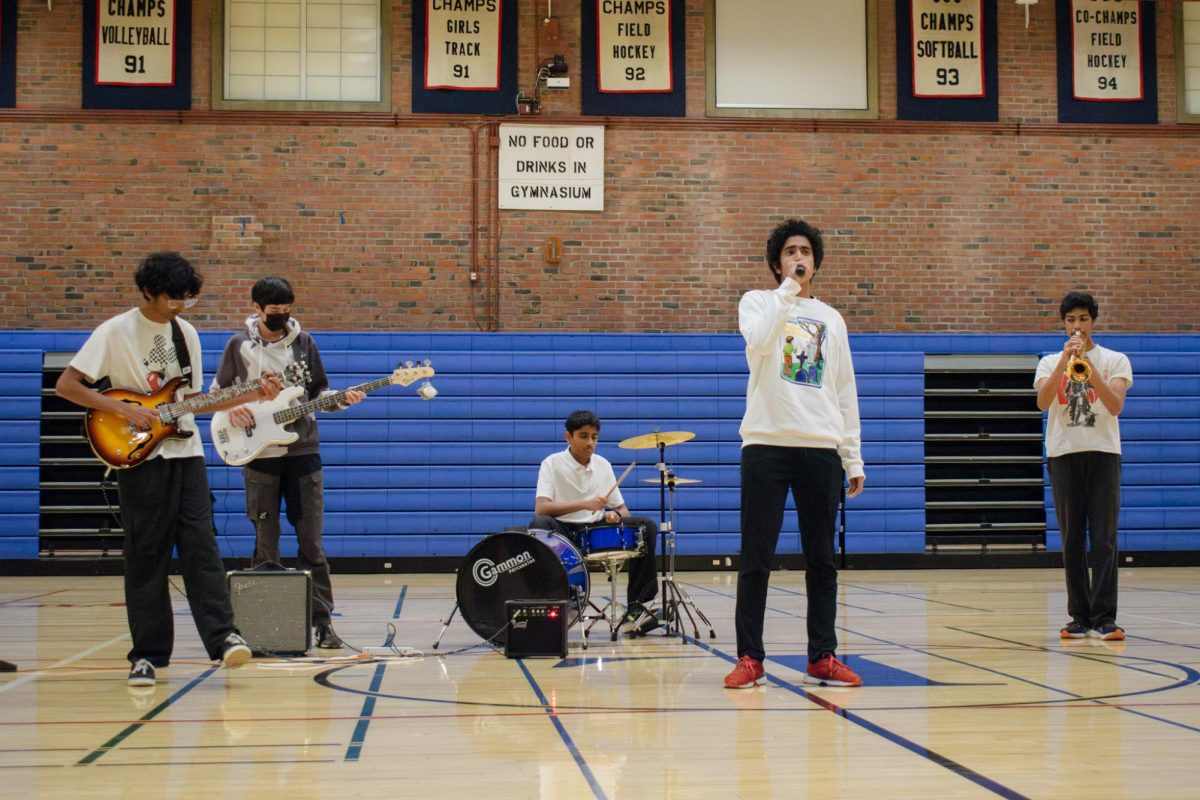
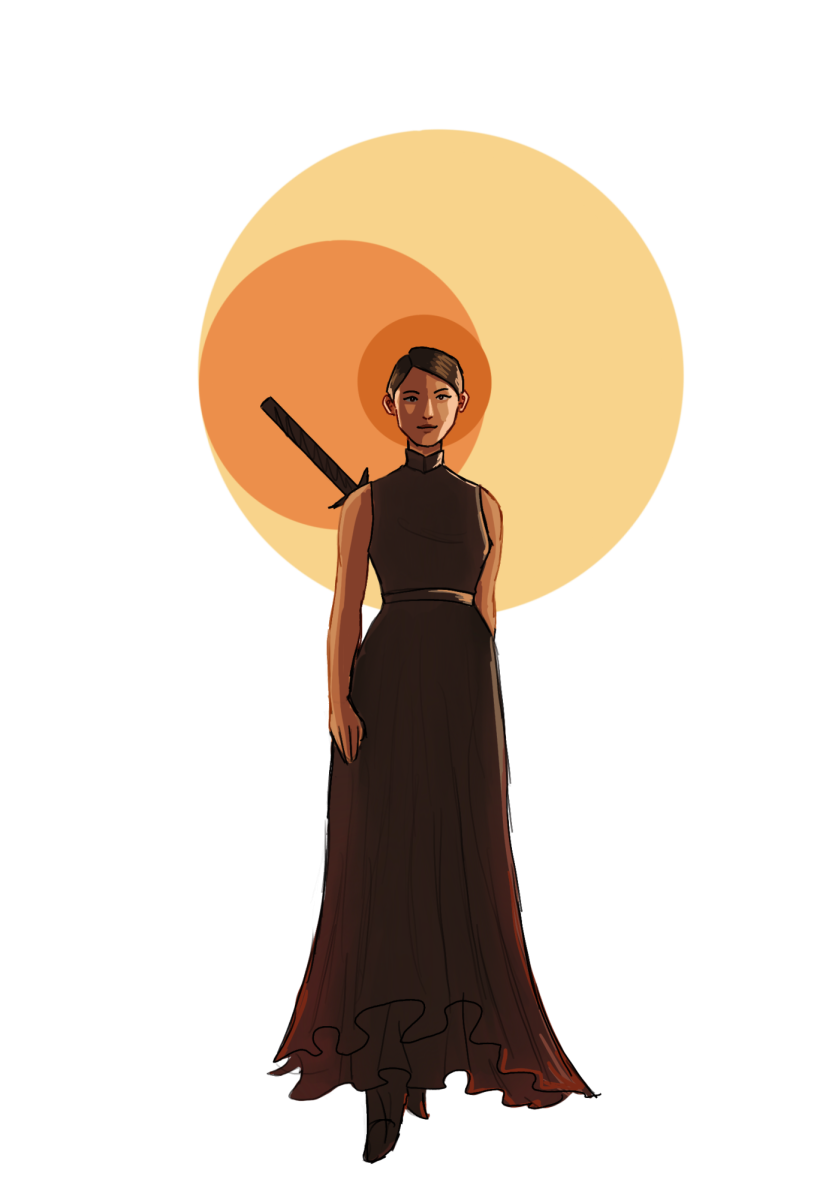
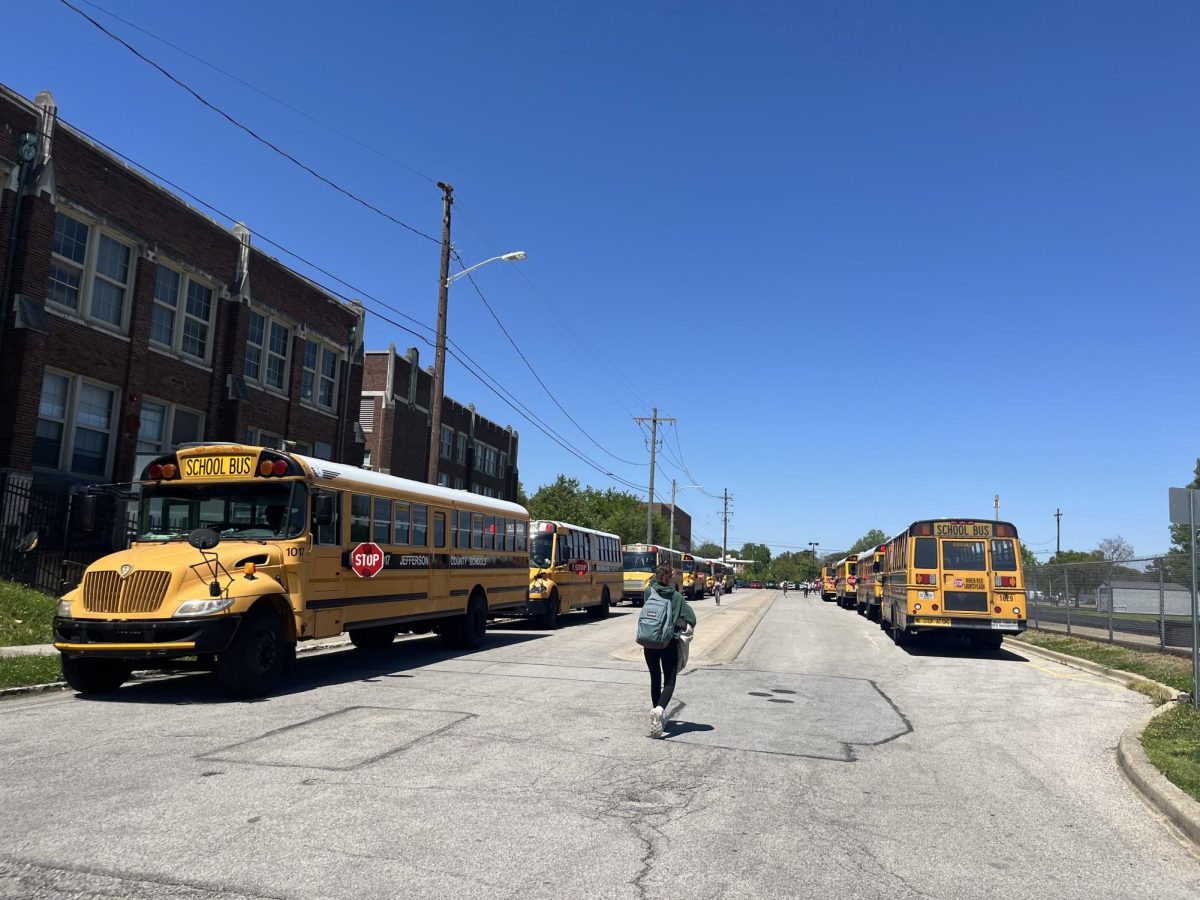
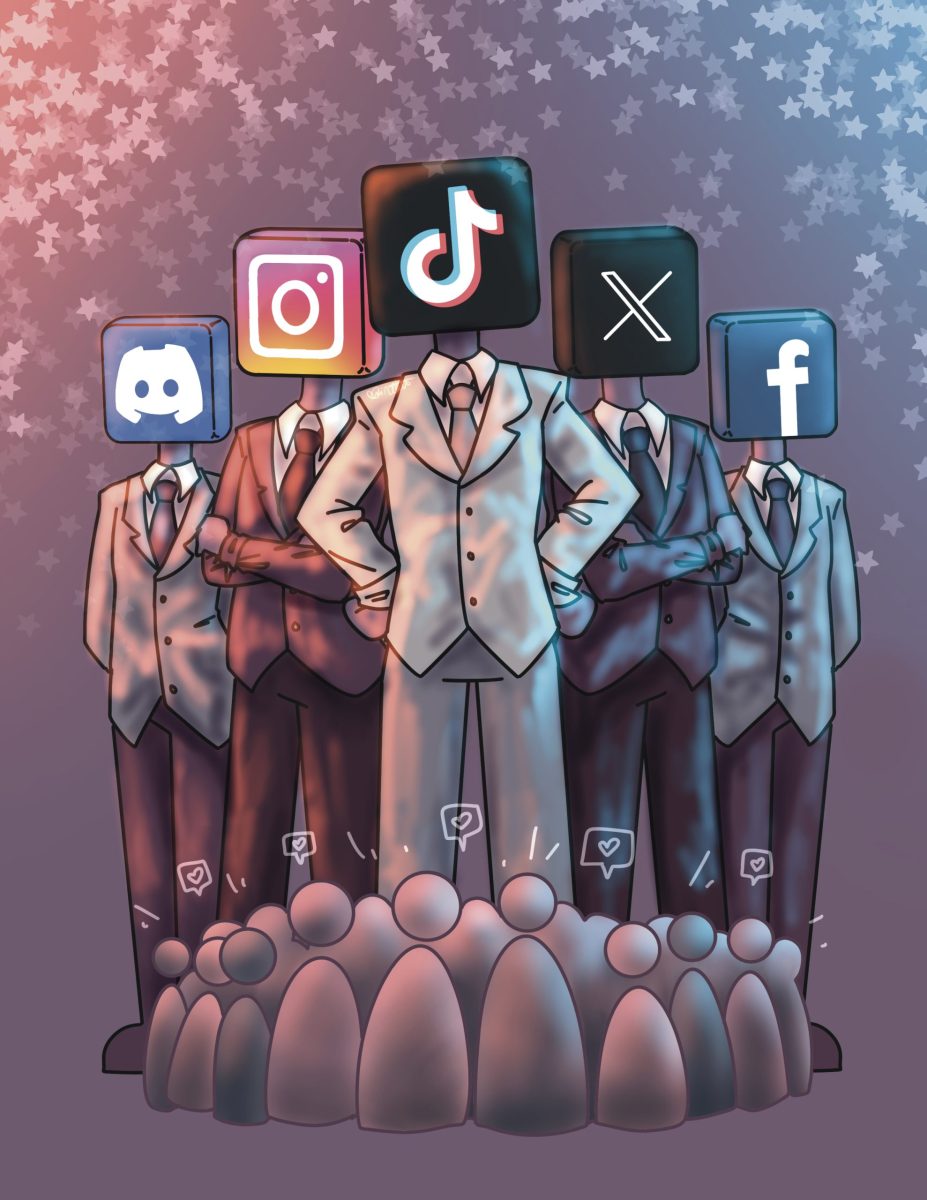





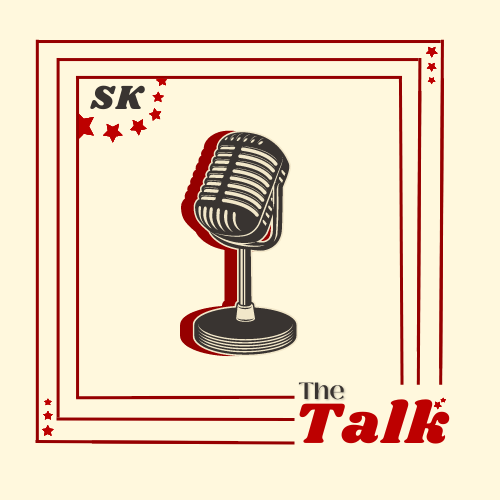






![IN THE SPOTLIGHT: Junior Zalie Mann performs “I Love to Cry at Weddings,” an ensemble piece from the fall musical Sweet Charity, to prospective students during the Fine Arts Showcase on Wednesday, Nov. 8. The showcase is a compilation of performances and demonstrations from each fine arts strand offered at McCallum. This show is put on so that prospective students can see if they are interested in joining an academy or major.
Sweet Charity originally ran the weekends of Sept. 28 and Oct. 8, but made a comeback for the Fine Arts Showcase.
“[Being at the front in the spotlight] is my favorite part of the whole dance, so I was super happy to be on stage performing and smiling at the audience,” Mann said.
Mann performed in both the musical theatre performance and dance excerpt “Ethereal,” a contemporary piece choreographed by the new dance director Terrance Carson, in the showcase. With also being a dance ambassador, Mann got to talk about what MAC dance is, her experience and answer any questions the aspiring arts majors and their parents may have.
Caption by Maya Tackett.](https://bestofsno.com/wp-content/uploads/2024/02/53321803427_47cd17fe70_o-1-1200x800.jpg)
![SPREADING THE JOY: Sophomore Chim Becker poses with sophomores Cozbi Sims and Lou Davidson while manning a table at the Hispanic Heritage treat day during lunch of Sept 28. Becker is a part of the students of color alliance, who put together the activity to raise money for their club.
“It [the stand] was really fun because McCallum has a lot of latino kids,” Becker said. “And I think it was nice that I could share the stuff that I usually just have at home with people who have never tried it before.”
Becker recognizes the importance of celebrating Hispanic heritage at Mac.
“I think its important to celebrate,” Becker said. “Because our culture is awesome and super cool, and everybody should be able to learn about other cultures of the world.”
Caption by JoJo Barnard.](https://bestofsno.com/wp-content/uploads/2024/01/53221601352_4127a81c41_o-1200x675.jpg)




